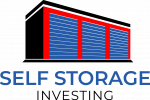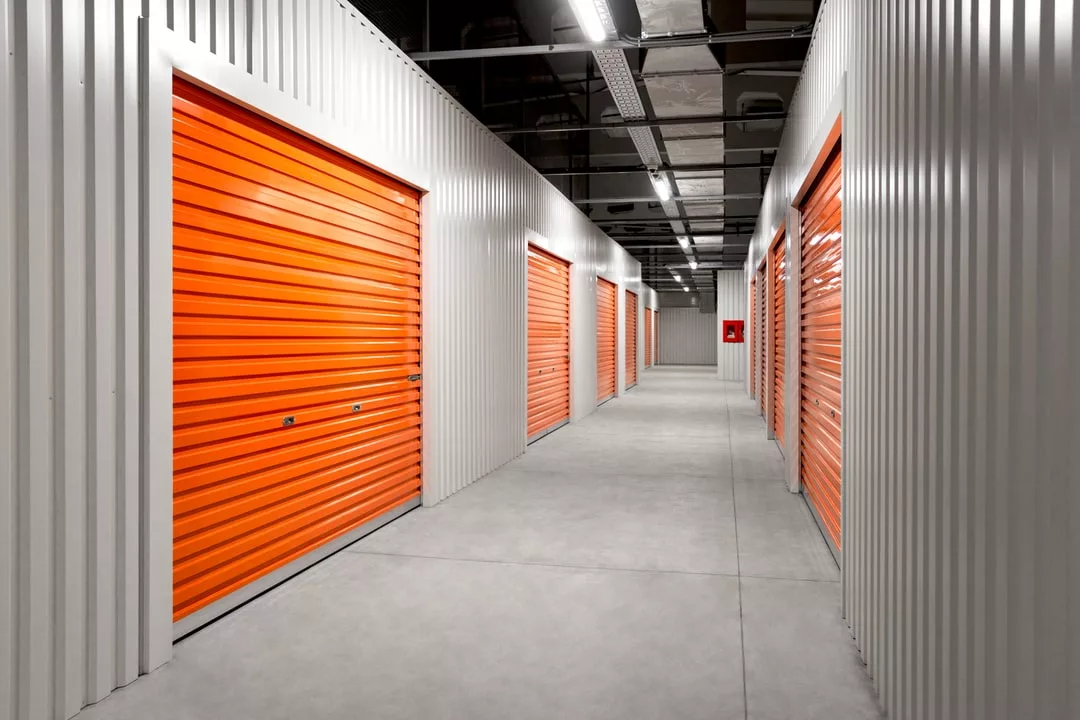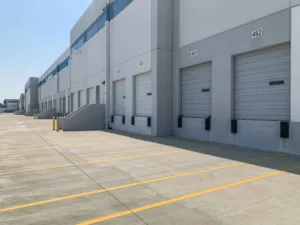The self storage industry has evolved significantly over the years, diversifying beyond the traditional one-size-fits-all approach to accommodate a wide range of customer needs and preferences. Today, investors and entrepreneurs entering the self storage market have several business models to consider, each offering distinct advantages and targeting different market segments. Let’s explore the primary self storage business models, including self-service storage facilities, traditional on-site management, and specialty storage facilities.
1. Self-Service Storage Facilities
The Digital Transformation
The rise of technology has paved the way for self-service storage facilities, a model that emphasizes convenience and accessibility. These facilities leverage digital tools like online reservations, electronic access systems, and automated billing to streamline operations and enhance the customer experience. Customers appreciate the flexibility of accessing their units on their terms, without the need to interact directly with facility staff.
Why It Works
This model is particularly appealing in today’s fast-paced, digital-first world, where consumers are accustomed to managing their lives through smartphones and apps. It offers operational efficiencies for owners by reducing the need for extensive on-site staff and allows for round-the-clock access without additional security or personnel costs.
2. Traditional On-Site Management
The Human Touch
Traditional self storage facilities with on-site management provide a personalized touch that many customers value. These facilities typically have staff available during business hours to assist with customer inquiries, move-ins, and move-outs, providing a level of service and security that automated systems cannot replicate. This model is well-suited to customers who prefer face-to-face interaction and those who appreciate the reassurance of on-site security and management.
Operational Considerations
While this model may involve higher operational costs due to staffing and management, it also allows for more immediate problem resolution, maintenance, and customer service. This hands-on approach can lead to higher customer satisfaction and loyalty, particularly among less tech-savvy customers or those storing valuable or sensitive items.
3. Specialty Storage Facilities
Meeting Specific Needs
Specialty storage facilities cater to specific storage needs, offering features like climate-controlled units for temperature-sensitive items, wine storage with optimal humidity and temperature conditions, or units designed for vehicle storage, including RVs, boats, and classic cars. This model targets niche markets with particular storage requirements, allowing facilities to command higher rental rates for specialized services.
Competitive Edge
Investing in a specialty storage facility can provide a competitive edge in saturated markets by offering services that standard self storage units do not. This differentiation can attract a diverse clientele willing to pay a premium for specialized storage solutions, potentially leading to higher profitability.
Conclusion
The self storage industry’s diversity offers investors and operators a variety of business models to choose from, each with its unique advantages and target markets. Whether opting for the efficiency and convenience of self-service storage facilities, the personalized service of traditional on-site management, or the specialized offerings of climate-controlled units and other niche storage solutions, understanding the needs and preferences of your target customer segment is key to success. As the industry continues to evolve, staying attuned to market trends and customer expectations will be critical for those looking to invest or expand in the self storage market.





